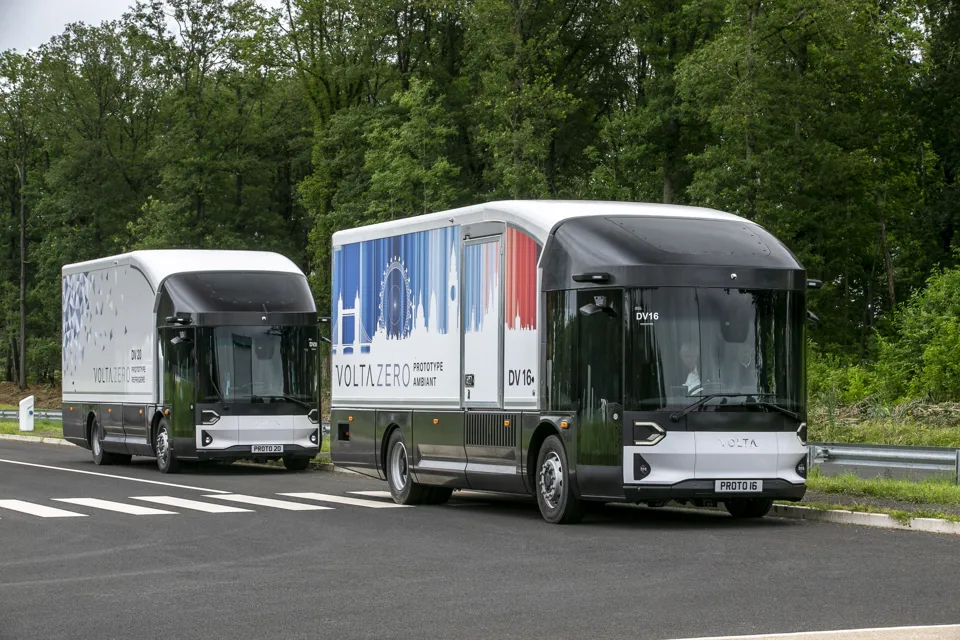The Government has published draft legislation that outlines new weight limits for electric and alternatively fuelled HGVs.
The statutory instrument provides for a gross vehicle weight (GVW) limit increase of 2.0 tonnes for certain zero-emission vehicles (ZEV) and up to 1.0 tonne for certain alternatively fuelled vehicles (AFVs).
The relevant ZEVs and AFVs are mainly types of HGV. No additional weight allowance for ZEVs or AFVs will apply above the existing maximum of 44 tonnes. The maximum weight limits for individual axles will remain unchanged.
To view the guidance, click here.
Richard Holden MP, parliamentary under secretary of state at the Department for Transport, said: “There are particular components in AFVs or ZEVs which are likely to be heavier than their equivalents in an ICE vehicle, most notably batteries, which are significantly heavier than a petrol or diesel fuel tank providing an equivalent vehicle range. Fuel tanks for pressurised gaseous fuels such as biomethane or hydrogen are also likely to be heavier than ICE equivalents, due to the need to reinforce these to cope with high pressure.
“The heavier powertrain means AFVs and ZEVs can carry a decreased cargo weight than comparable ICE vehicles. This acts as a payload penalty, potentially decreasing their commercial appeal.”
Logistics UK is calling for axle weight to also be included in the new regulation, to ensure that the increased cargo weight can be used.
Phil Lloyd, head of engineering policy at Logistics UK, said: “ZEVs traditionally are heavier, which due to the current weight limitations, results in a loss to the payload. The decision to increase the gross weight limit of an HGV to a flat two tonnes for certain ZEVs and up to one tonne for certain AFVs is a positive step forward. However, without a proportional increase in axle weights, the additional gross weight allowance will be unusable. While we are pleased to see government starting to address this issue, further steps need to be taken to ensure that the additional allowance can be applied effect, without compromising payload.
“Loss of payload is a significant consideration for our members, so it is vital that the sector avoids a situation which could result in more vehicles being needed to transport the same level of goods using ZEVs or AFVs and prices increasing for customers. The industry cannot move forward with the updated gross weight if the limitations are still set by the maximum axle weights. Logistics UK is focused on finding the right balance between reasonable range for Zero emission vehicles and alternatively fuelled vehicle, without compromising payload.”























Login to comment
Comments
No comments have been made yet.